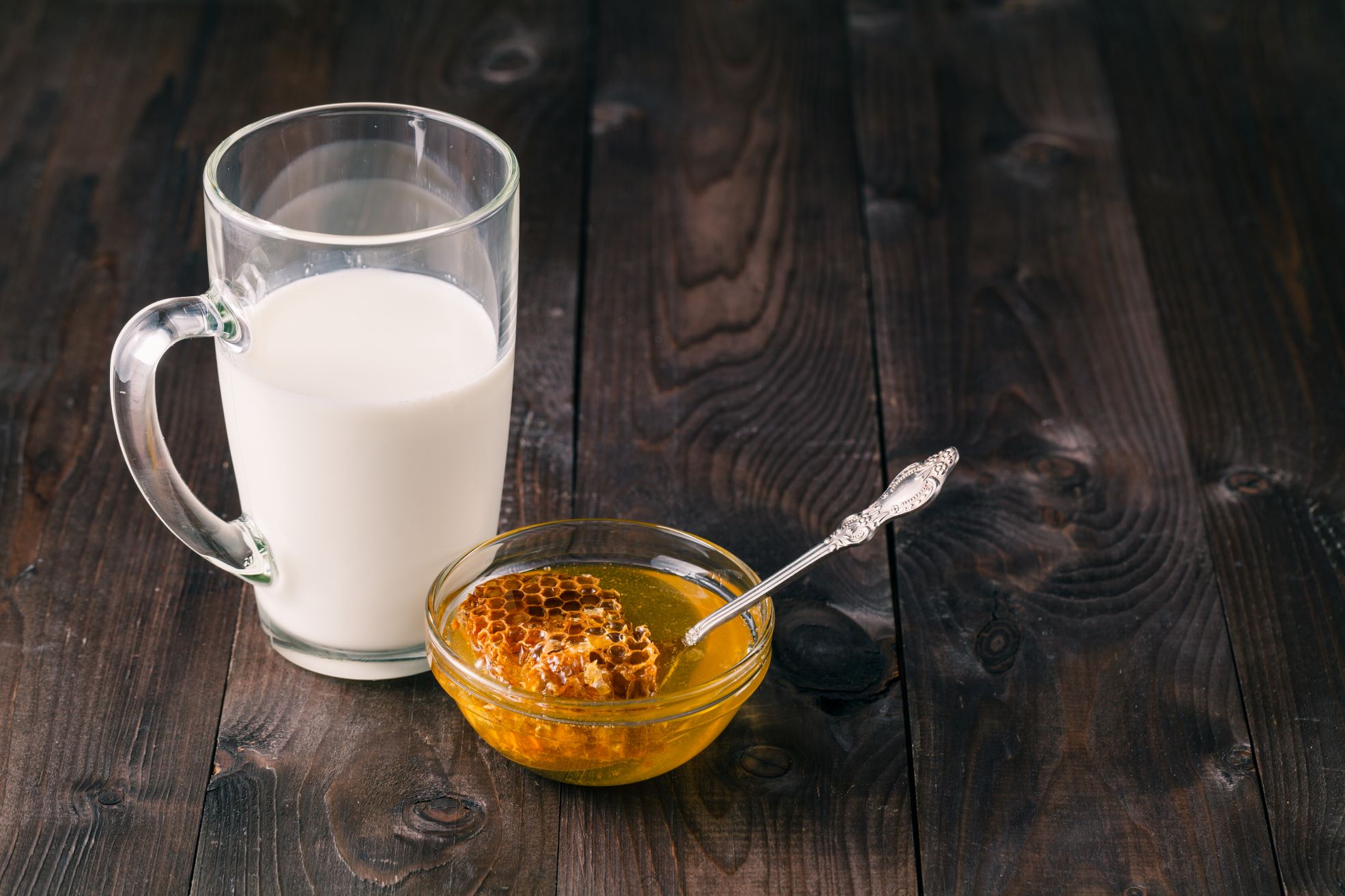In a ground-breaking move, two innovative Israeli food tech companies have announced a merger, combining their expertise to advance in their respective fields. The two start-ups, Wilk and Bee-io Honey, are taking a giant leap forward as they specialize in developing milk and honey, respectively, using unconventional methods.
Wilk, a visionary company that produces milk in a cow-free laboratory, recently signed a memorandum of understanding to acquire of Bee-io Honey, a fellow food tech start-up, which is known for developing honey without the need for bees. Both companies have experienced a surge in their stock prices following the announcement, with Wilk’s shares rising by approximately 20% and Bio Honey’s shares skyrocketing by around 90% in the weeks leading up to the report.
Despite not yet recording income in their financial statements, the two companies’ market values stand at approximately NIS 70 million for Wilk and NIS 45 million for Bio Honey. Although these figures have seen a recent increase, they are still about half of what the companies were valued at just a year ago.
The expected merger will see Wilk acquiring 100% of the shares of Bee-io Honey’s subsidiary, “Bee-io Honey Technologies,” through a share exchange transaction. This strategic move will make Bee-io Honey Technologies a wholly owned subsidiary of Wilk.
Both companies were founded only five years ago back in 2018. Bee-io Honey, founded by siblings Ofir and Efrat Devash, from a family of beekeepers, embarked on a mission to create artificial honey without the need for traditional beekeeping practices. Despite facing challenges, Bee-io Honey continues to push forward. However, the company’s financial statements reveal a loss of 15 million shekels in 2022, leaving it with approximately 6.5 million shekels in cash reserves. To sustain its current operations for at least the next 12 months, the company recognizes the necessity of securing additional funding.
Wilk, on the other hand, focuses on developing milk, breast milk, and yoghurt from cultured cells, and while its products are not yet commercially available, the company has received backing from major industry players. In 2022, it recorded a loss of 17 million shekels, but the successful fundraising round of approximately 12 million shekels, led by Danone and with participation from Coca-Cola Israel, demonstrated the confidence industry leaders have in Wilk’s vision.
Yaron Keizer, who holds a stake in Wilk and serves as its acting chairman, while also being a shareholder in Bio Honey, emphasized the complementary nature of their technologies and expressed his long-held belief in the potential for a merger. The two companies, with offices located next to each other, already share a strong working relationship. Keizer confidently stated that they possess the knowledge to secure the necessary capital and effectively reach their target markets, underscoring that they don’t have to take on every aspect of the journey alone.
This exciting merger between Wilk and Bee-io Honey represents a momentous step forward in the realm of food technology, drawing inspiration from Israel’s cherished reputation as the “land of milk and honey.” By combining their expertise and resources, these two pioneering start-ups have the opportunity to potentially revolutionize the food industry not only in Israel but on a global scale. There is no doubt that this collaboration embodies the spirit of innovation and promises a brighter, more flavorful future for the world.





0 Comments